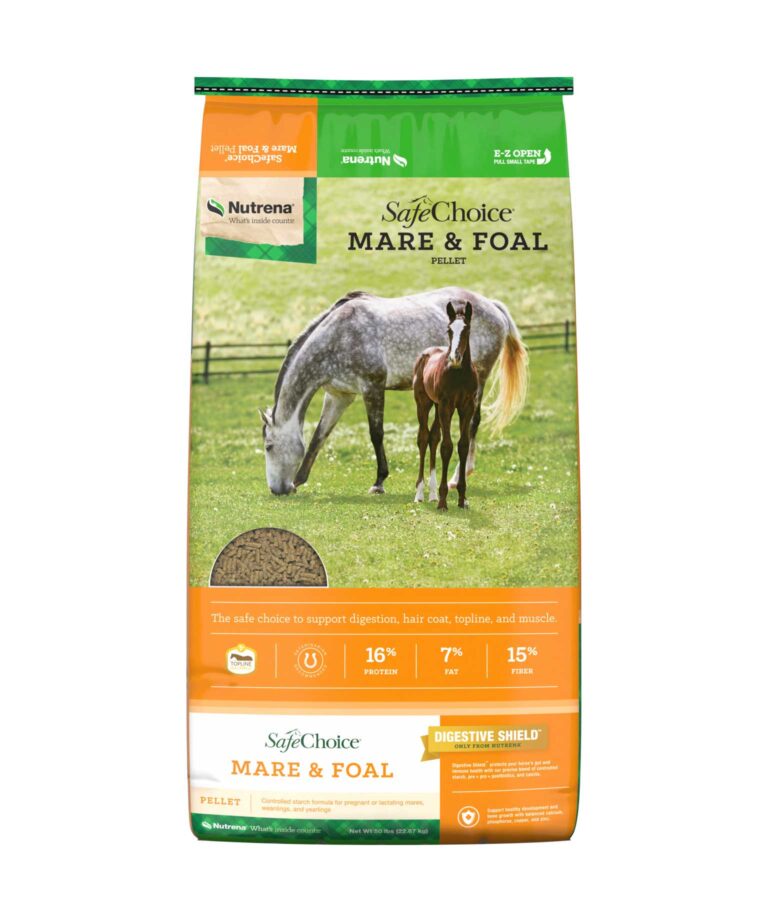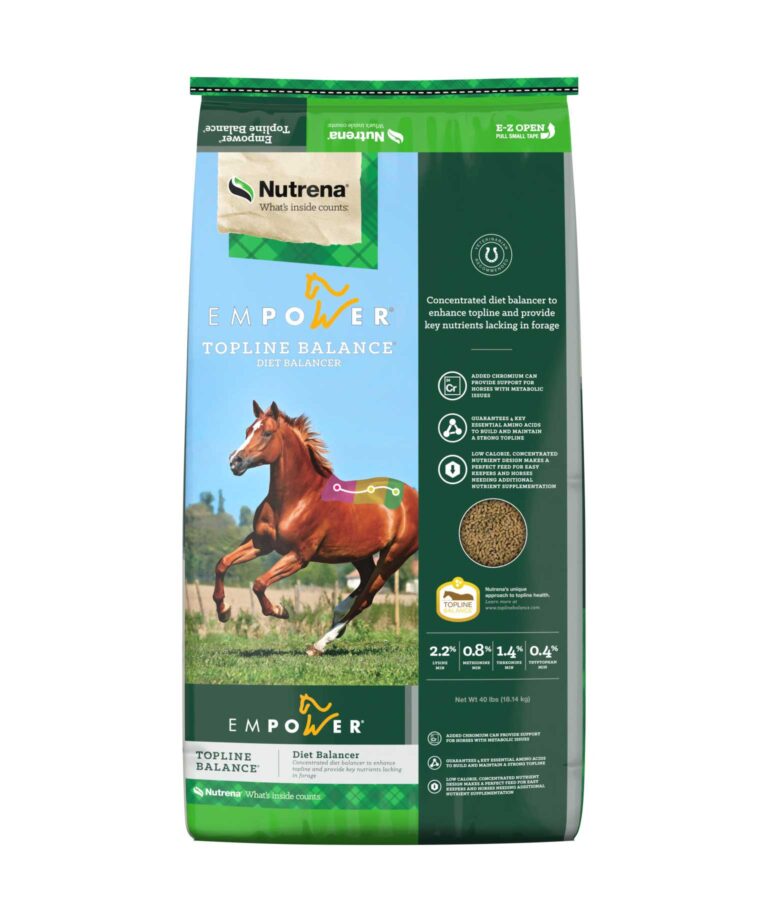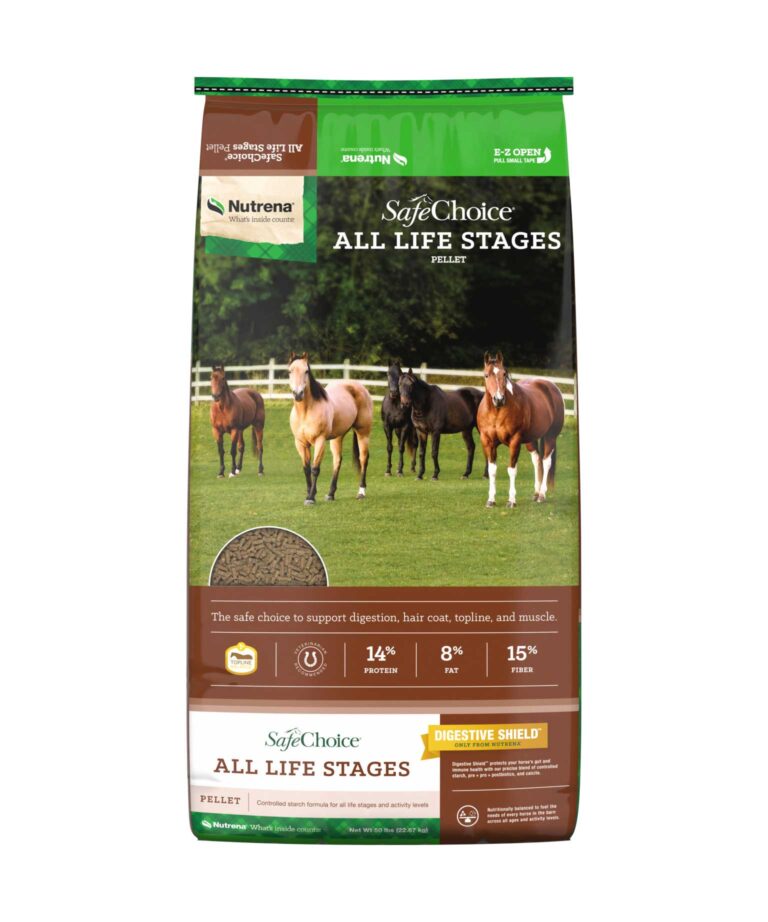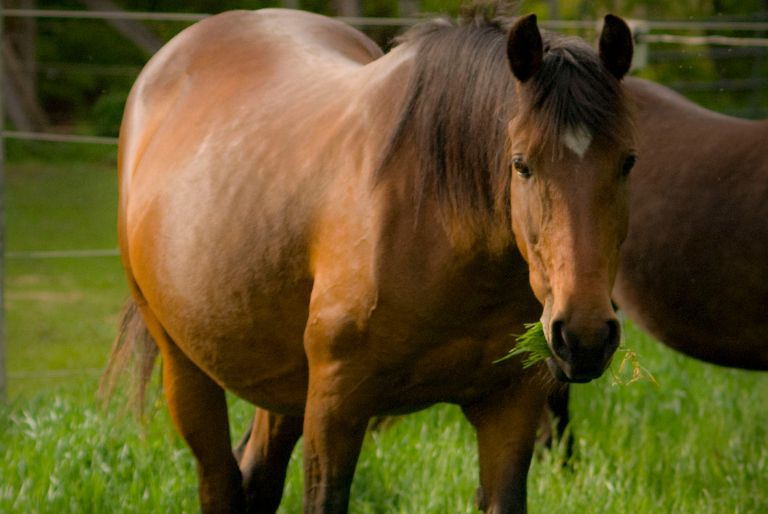Feeding Broodmares
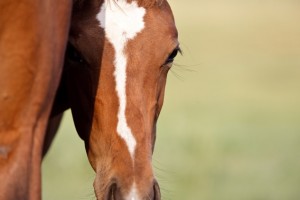
During a mare’s pregnancy, significant changes occur that cause her nutritional needs to increase substantially. While bred mares can be fed a quality maintenance diet during the first half of their pregnancy, this approach is insufficient in the latter stages. Proper nutrition plays a crucial role in supporting the mare’s body condition, lactation, and successful rebreeding. This article provides guidelines for feeding broodmares to meet their specific nutritional requirements during pregnancy and lactation.
Nutritional Considerations During Pregnancy
Ensuring Adequate Energy Reserves
To prevent a drastic drop in body condition after foaling, it is essential for the mare to carry extra fat stores. Since it is challenging to increase feed intake dramatically after foaling, maintaining a body condition score of 6 when the mare foals is recommended. This ensures sufficient energy reserves for early lactation and maintaining condition for re-breeding. Mares in significant negative energy balance are less likely to rebreed easily and carry the next pregnancy successfully.
Importance of Balanced Nutrition
While good quality pasture or forage may provide sufficient energy during late gestation, they may lack essential amino acids and minerals. To address this, consider using a ration balancer product or a feed specifically designed for pregnant mares. From month 5 to about month 10 or 11 of gestation, these products can provide the necessary nutrients that may be lacking in the forage.
Preparing for Lactation
It is advisable to introduce a feed designed for broodmares and foals before foaling to allow the mare to adjust to the feed well in advance. Introducing a new feed immediately before foaling, when the mare is under significant stress, should be avoided. After foaling, the feed can be increased to provide the additional energy and nutrients required for lactation. This feed will also contribute to the foal’s nutrition as it starts to nibble on feed.
Additional Considerations: Water, Salt, and Vaccinations
Ensure fresh, clean water and free choice salt are available to the broodmare at all times. Adequate hydration is essential, especially during lactation when a mare’s water consumption can exceed 50-100% of that of a maintenance horse. It is also important to vaccinate the mare properly before foaling to ensure her colostrum, the rich first milk, contains antibodies to protect the foal. Proper nutrition can also support the mare’s immune response to vaccinations.
Lactation and Postpartum Nutrition: Increased Energy Needs and Subsequent Adjustments
During lactation, a mare’s energy needs can easily double compared to her maintenance requirements. Additionally, water consumption remains high while she produces milk for her offspring. As the mare’s milk production decreases around 13-24 weeks after giving birth, the diet can be adjusted slightly, gradually returning to the nutritional needs of a normal maintenance horse.
Properly feeding broodmares is crucial to minimize the risk of developmental problems for the foal and ensure the mare can rebreed successfully. By meeting their specific nutritional needs during pregnancy and lactation, horse owners can support the overall health and well-being of both the mare and the foal, setting the stage for future reproductive success.
At Nutrena, we believe proper nutrition plays the biggest role for a lifetime of health and happiness for every horse. That’s why Nutrena horse feeds are specifically formulated for every life stage and activity level.
Learn more about our feeds formulated specifically for broodmares to ensure your horse is getting the optimum nutrition to maintain their weight and health at feeding time, every time.

